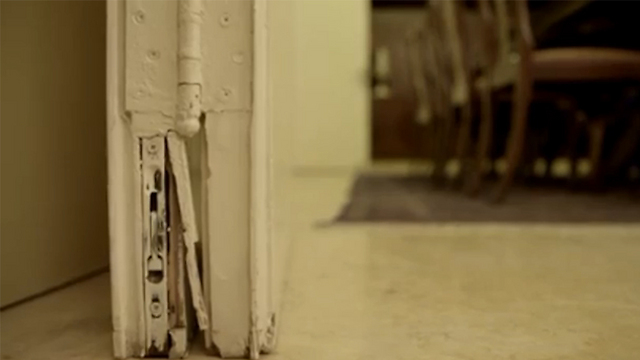
The state comptroller's report, which was published last week, shines a torch into the hidden corners of the prime minister's residence. It doesn’t paint a full image, and most of the details still remain in the dark. And yet, it allows us to make use of the exposed corners to complete the picture.
One way is reminiscent of a different country and a different time - the Watergate scandal of the United States. When two young journalists received hints about what was happening in the White House and found it difficult to see the full picture, their secret informant "Deep Throat" suggested that they "follow the money."
Here too, it's easy to understand the report if we follow the money. On the one hand, we know from the report that hundreds of thousands of shekels have been spent every year on the maintenance of the prime minister's residence. In the period that the state comptroller looked into, the house's maintenance section alone was NIS 1.355 million (about $350,000).
On the other hand, thanks to the video produced by celebrity interior designer Moshik Galamin, we saw squeaky doors, ceiling leaks, peeling walls, old windows that don’t open and even door handles in need of replacement.
If this is the state of the building, where did the NIS 1.355 million spent on its maintenance go? Many taxpayers could buy an entire apartment with that sum. If the money the state paid for the house's maintenance was not used to paint the walls, clean the curtains, replace the carpets and fix the handles (and how much can that really cost?) – where is the money?
The same story repeats itself with the electrician who worked at Prime Minister Benjamin Netanyahu's private home in Caesarea: The State of Israel paid him. On the one hand, invoices were submitted, but on the other, those same invoices show that the electrician – who, as far as we know, is a traditional Jew – worked at the house almost every Saturday, and on Yom Kippur too. The invoices were approved, and the man was paid out of state coffers.
The Netanyahu family firmly claims – and there is no reason not to believe this – that they spent Yom Kippur in Jerusalem. It's reasonable to assume that the electrician was not called to work at the house on the holiest day of the Jewish calendar. But a call was recorded, an invoice submitted and money handed out by the state. Was this just a way of getting money out of the public coffers? Was the money paid to him for additional services that have nothing to do with fixing the electricity on Yom Kippur? This is another situation in which we should follow the money.
And another, similar issue, which is allegedly petty, but again offers another glimpse of the big picture that has probably not been uncovered yet. The state comptroller reveals that the furniture renovation budget at the prime minister's residence – money paid by us – was NIS 373,000 (approximately $97,000) during the years under inspection. Quite a large sum. And yet we saw – again, thanks to Mr. Galamin – old sofas, stained curtains, carpets with holes in them and old, mismatched chairs in the kitchen.
And this brings us back to the same question: Was the NIS 373,000 not enough to buy new kitchen chairs, to pay to remove the stains from the curtains, to fix the holes in the carpet or – if they really wanted to run wild at the state budget's expense – buy a new one? So where is the money?
Does this report require us to look into what is happening at the prime minister's residence from a new angle: Not hedonism and squandering at the public's expense, but rather – God forbid – corruption?
















